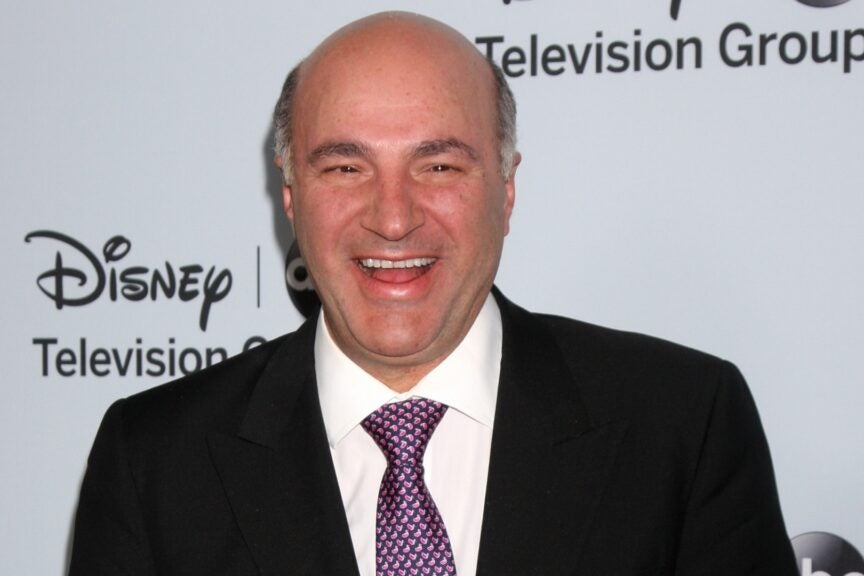Earlier this week, billionaire investor and “Shark Tank” star Kevin O’Leary said artificial intelligence has become one of the smartest investments small business owners can make, calling AI-powered customer service bots a “competitive weapon” for growth.
Kevin O’Leary: AI Tools Are Now Affordable And Essential
In a new video shared on social media, O’Leary said that the rapid drop in AI costs has opened new doors for entrepreneurs.
“AI used to be unaffordable even just two years ago, but that’s not the case anymore,” he said. “There’s so many subscription services that are, you know, $125 a month or less.”
“Obviously, everybody’s using ChatGPT to do that and testing multiple versions of their ad. Also, agents matter. So you can now create a customer support agent for a pretty low cost,” he continued
O’Leary added that AI agents now handle customer interactions faster and more efficiently than traditional support systems.
He credited the hospitality industry with pioneering the use of AI bots for bookings and concierge services.
“Time is money. So, in small business, customer service is a very competitive weapon,” he stated.
See Also: Kevin O’Leary Says Artificial Intelligence Is Creating Better Jobs, Not Destroying Them: ‘If AI Can Flip Burgers, That’s A Good Thing’
AI’s Growing Role In Business And Labor
As businesses navigate increasing complexity, integrating AI, machine learning, and automation can streamline operations, reduce costs and drive growth.
However, this shift is reshaping the job market: college graduates today face a landscape unlike that of previous generations, with AI taking over many tasks that once formed the backbone of entry-level roles.
In September, the New York Fed reported rising unemployment among new college graduates as automation transforms entry-level work.
As per the report, the unemployment rate for college graduates aged 22 to 27 rose to 4.8% in June 2025, up from 3.8% in May 2022, and surpassing the national average of 4.0%.
Meanwhile, OpenAI CEO Sam Altman last month predicted that by 2030, AI will achieve “superintelligence,” capable of discoveries beyond human reach.
Goldman Sachs CEO David Solomon has also said AI could expand — not shrink — his firm’s workforce.
Read Next:
Disclaimer: This content was partially produced with the help of AI tools and was reviewed and published by Benzinga editors.
Photo courtesy: Kathy Hutchins / Shutterstock.com

